Shakespeare in American Sign Language
Check out this podcast on Shakespeare in American Sign Language. Intriguing relationship between medium and message here! h/t Jill Bradbury
https://soundcloud.com/folgers…/shakespeare-in-sign-language
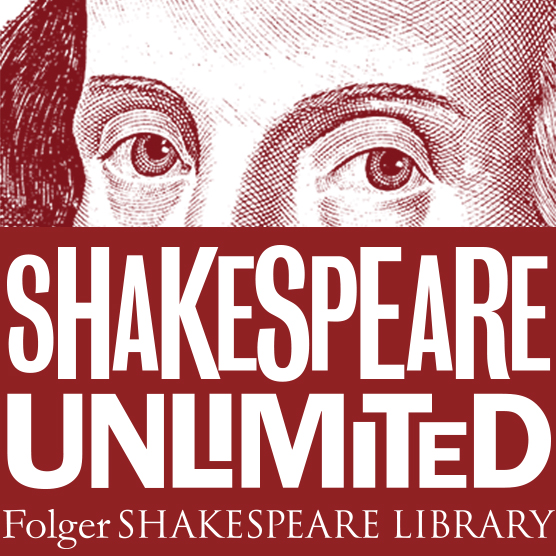
Check out this podcast on Shakespeare in American Sign Language. Intriguing relationship between medium and message here! h/t Jill Bradbury
https://soundcloud.com/folgers…/shakespeare-in-sign-language


Call for Proposals:2nd Annual GW Digital Humanities Showcase February 20, 201512:30pmGelman Library, Room 702 Hosted by GW Digital Humanities Institute & GW Libraries Are you launching a Digital Humanities (DH) project and figuring out the next steps? Do you want to meet other people in GW who are interested in how the arts and humanities…
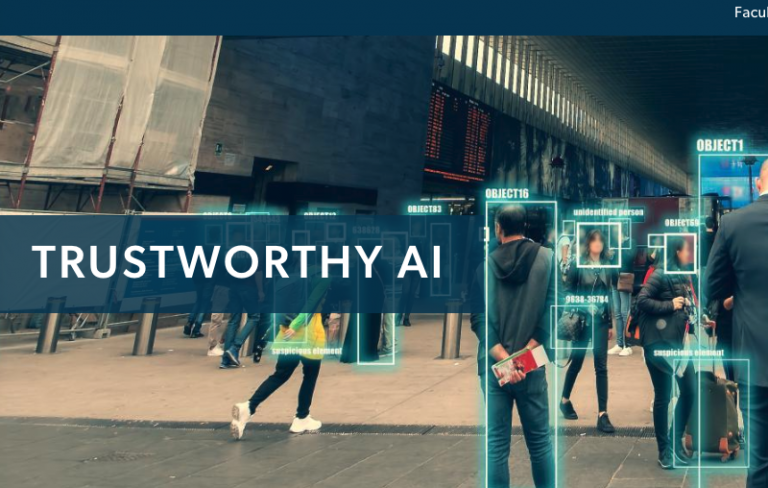
In April, 2024, George Washington University launched the Trustworthy Artificial Intelligence Initiative. Here is the news story. The Digital Humanities Institute is a partner program, and Profess Alexa Alice Joubin is a TAI faculty. As transformative AI becomes increasingly embedded in complex systems, policy makers and researchers must determine how to govern and evaluate this…
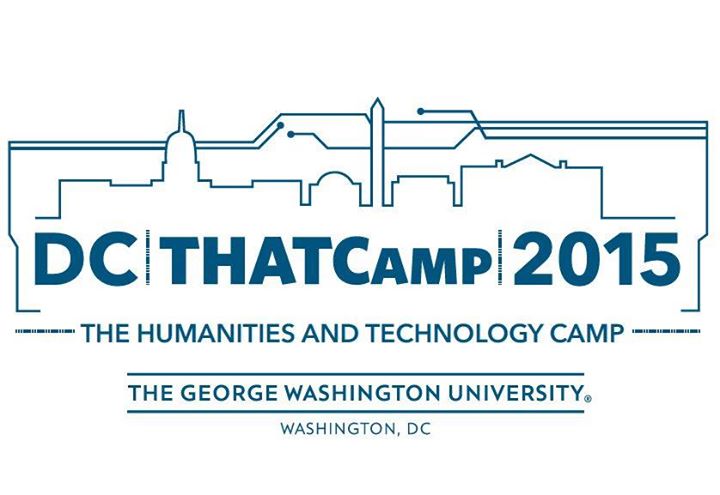
[via Prof. Diane H. Cline, GW Department of History] THATCamp DC 2015 is coming to GWU on Saturday April 18th, and you won’t want to miss it. See who else is coming by visiting the event website’s list of campers! At this THATCamp there will be a planning meeting for GW DH’ers to develop a prioritized…

As previously announced on this blog, GW has been awarded a substantial Andrew W. Mellon grant to support “Resilient Networks to Support Inclusive Digital Humanities.” Competitive jump-start grants of $5000 are now being offered to member-institution faculty pursuing digital humanities projects! Read more about the scale and scope of the Mellon grant here. If you wish…
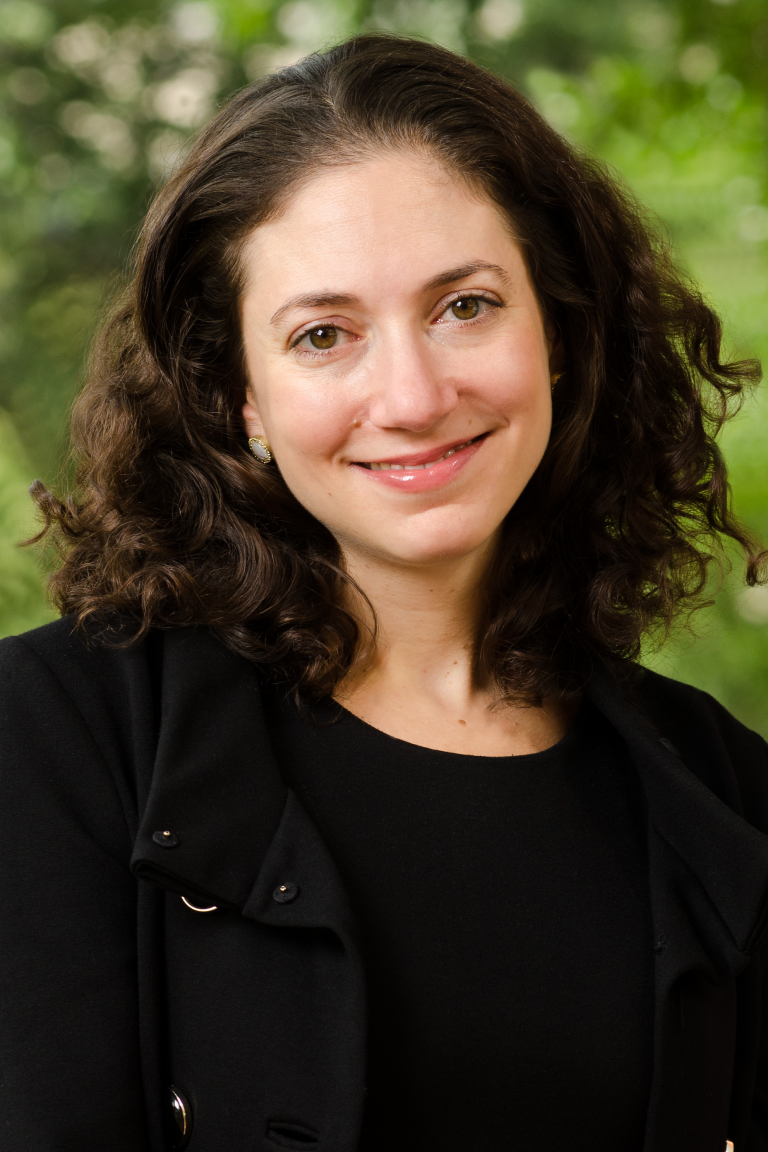
[via Naomi Schoenbaum, Associate Professor of Law at GW] All are invited to an informal brown bag lunch discussion on the Digital Humanities (DH) at the law school this Friday, August 1, at noon, in room E412 at the law school (see below for more information). The brown bags are just a way for the…
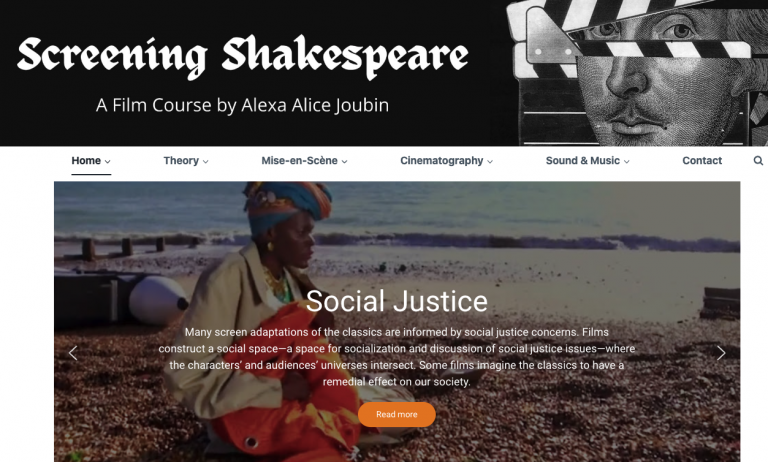
We are pleased to announce the publication of Alexa Alice Joubin‘s online textbook Screening Shakespeare, just in time for the new academic year! The openly-licensed learning modules in the book cover key concepts of film studies, such as mise-en-scène, cinematography, sound and music, and film theory.